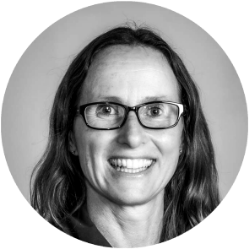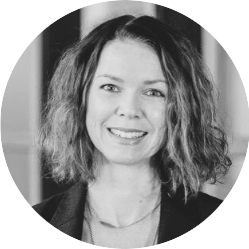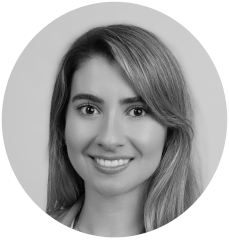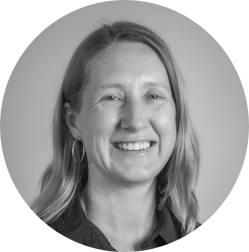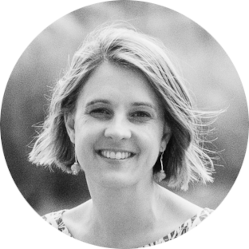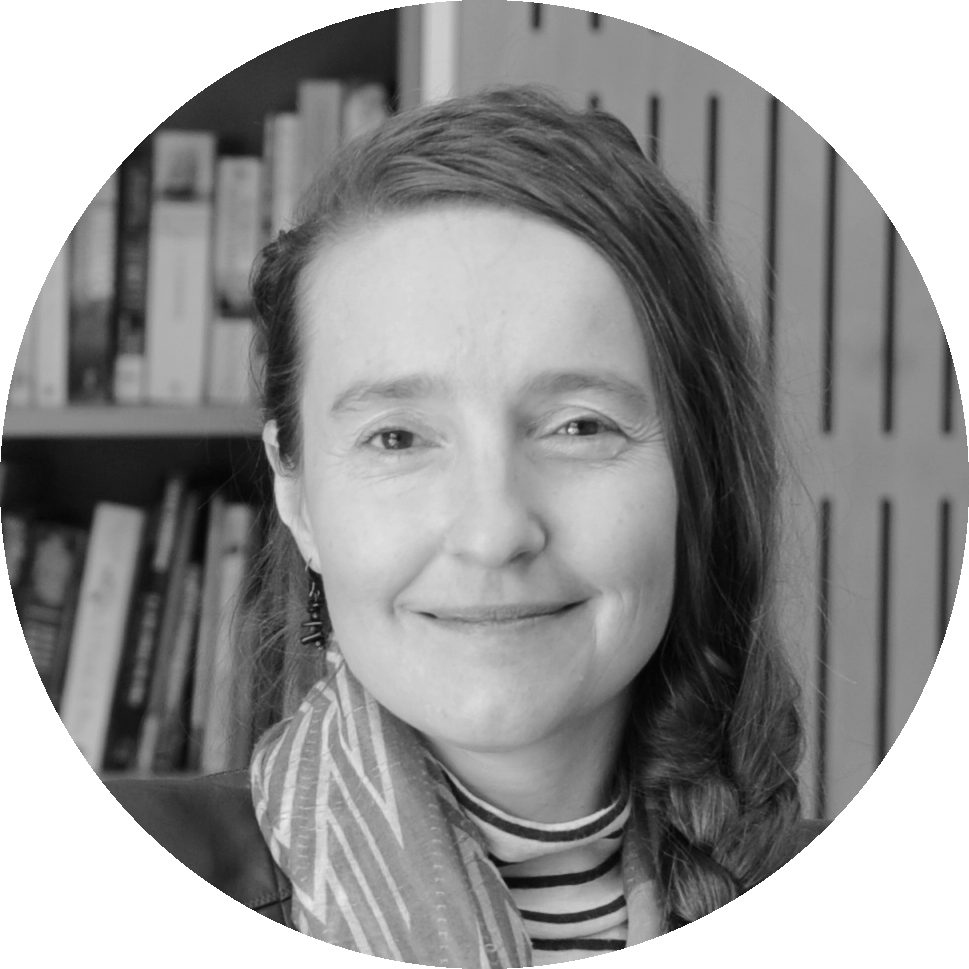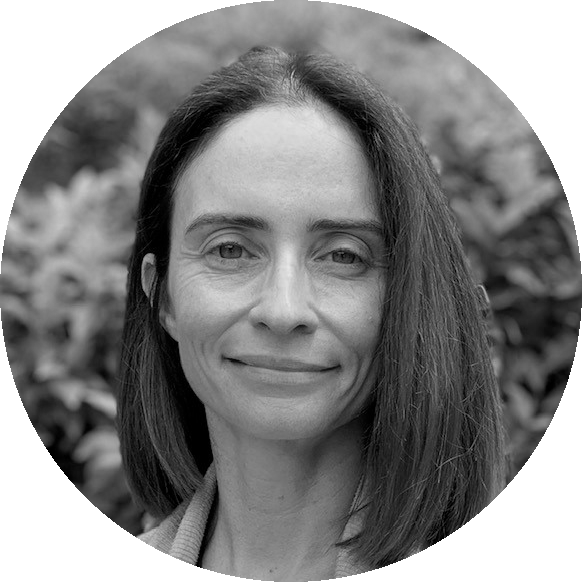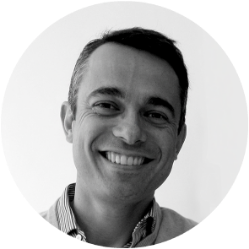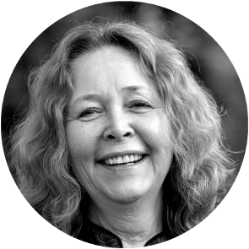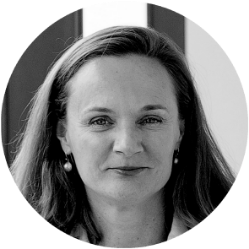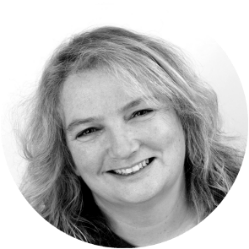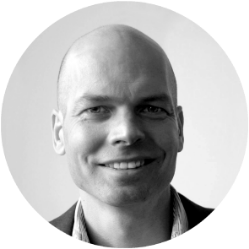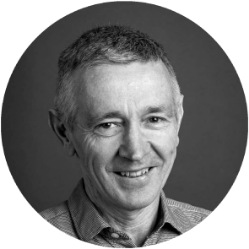The PEDro Partnership was established in 1999 by a small group of physiotherapists, both clinicians and academics. It is now based in the Institute for Musculoskeletal Health at the University of Sydney and Sydney Local Health District. Our mission is to maximise the effectiveness of physiotherapy services by facilitating the clinical application of the best available evidence. The PEDro Partnership believes that “effective physiotherapy is people-centred, prevention-focused, safe and technically proficient, based on the best evidence available, and managed efficiently”.
The PEDro Partnership functions as a non-profit organisation to facilitate evidence-based physiotherapy through consultation with:
- Professional organisations (including member organisations of World Physiotherapy)
- Purchasers of physiotherapy services (including third party and worker’s compensation regulating authorities and insurance companies, and health funds)
- Providers of physiotherapy (including physiotherapy departments, area health authorities, and private practitioners)
- Physiotherapy registration and licensing authorities
- Physiotherapy teaching programs, and
- Groups representing the interests of consumers.
There are many obstacles to using of the best available evidence in routine physiotherapy clinical practice. The PEDro Partnership offers a range of services to help overcome these obstacles:
- Access to evidence: The PEDro Partnership maintains the Physiotherapy Evidence Database (PEDro) and the Diagnostic Test Accuracy database (DiTA). PEDro is a database of randomised controlled trials, systematic reviews and evidence-based clinical practice guidelines in physiotherapy. DiTA is a database of primary studies and systematic reviews of diagnostic test accuracy related to physiotherapy. Both have been developed to give physiotherapists and others rapid access to the best evidence of treatment efficacy and the accuracy of diagnostic tests.
- Critical appraisal: Trials indexed in PEDro are rated for quality using the PEDro scale. The PEDro Partnership conducts lectures and workshops to equip users with the skills to critically appraise clinical research, including the online PEDro scale training program.
- Implementation: Even where clear evidence of treatment effects exists, implementing evidence-based practice can be difficult, especially if the evidence conflicts with current practice. The PEDro Partnership facilitates the implementation of effective health care by working with individuals and groups on implementation projects. The PEDro Partnership can assist parties to select implementation strategies that have been shown to lead to behaviour change in health professions.

